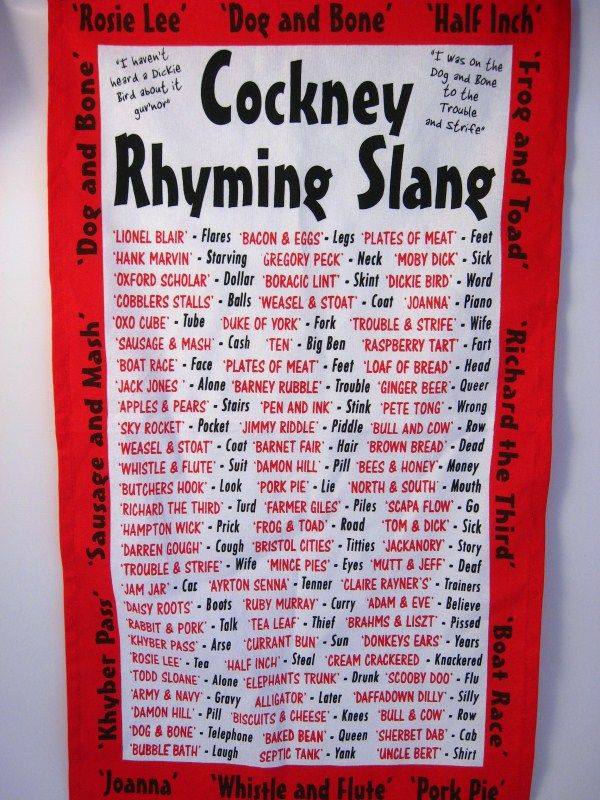The weird word of this week is kakistocracy. Do you live under the regime of a kakistocracy? You might well have done at some point in your life: see below for the definition …
In the news this week: a bad reaction to bad grammar awards; bad spelling in DC; bad English words in Chinese; good punctuation etiquette amongst Harvard’s prefrosh (don’t ask); and some exotic emoticons.
* * *
There’s a bit of a backlash against the Bad Grammar Awards, whose shortlist this year includes offenders such as the UK’s NHS, Tesco and Tristam Hunt; only in their sophomore year, the awards are coming under fire at The Guardian. “Academic linguists have left the rest of us easy prey to nonsense and ashamed of our English when we should be celebrating our extraordinary mastery of a language which really is ours. No matter how we say our words or which words we use, we native speakers form a collective democracy of experts. Unaware of this and every other revelation of modern linguistics, Hodgkinson, Gwynne, Gove and all the other know-nothing know-it-alls happily continue to peddle their sneering, condescending, dismissive, misanthropic, elitist, made-up twaddle.”
* * *
Why is it that some English words are controversial in China? Three writers for the People’s Daily newspaper, who are leading the crusade against “zero translation” and helping fuel the national debate, blame “a lack of pride and confidence in one’s own culture and language, which leads to blindly worshipping anything Western”. The BBC reports.
* * *
According to a report in the Daily Caller, the Board of Elections in Washington DC can’t spell — or perhaps they’re taking a “Liberterian” approach to language. Caleb Brown, director of multimedia at the Cato Institute, noticed the spelling error on a voter registration form in the District of Columbia. “Thank you. Will follow up with the appropriate staff about making a correction,” DC tweeted in response.
* * *
The Harvard Crimson decodes the punctuation of texting. “Hundreds of high school prefrosh will be coming to campus this weekend, phones in hand, thumbs at the ready. In high school, texting was all about the abbreviations and acronyms. … Now, these prefrosh are at Harvard, and at Harvard, it’s punctuation that matters.” Prefrosh? Don’t ask — I don’t know …
* * *
If you’re looking for some unusual emoticons but want to use only “real” characters in your prose, mental_floss offers 16 characters from other languages that might just do the trick. Who knew, for example, that the Cyrillic zhe with diaeresis above it looks like a butterfly?
* * *
Weird word of the week: kakistocracy: n. a system of government in which the rulers are the least qualified, least competent or most unprincipled citizens. From the Greek kakistos, meaning “worst”.









